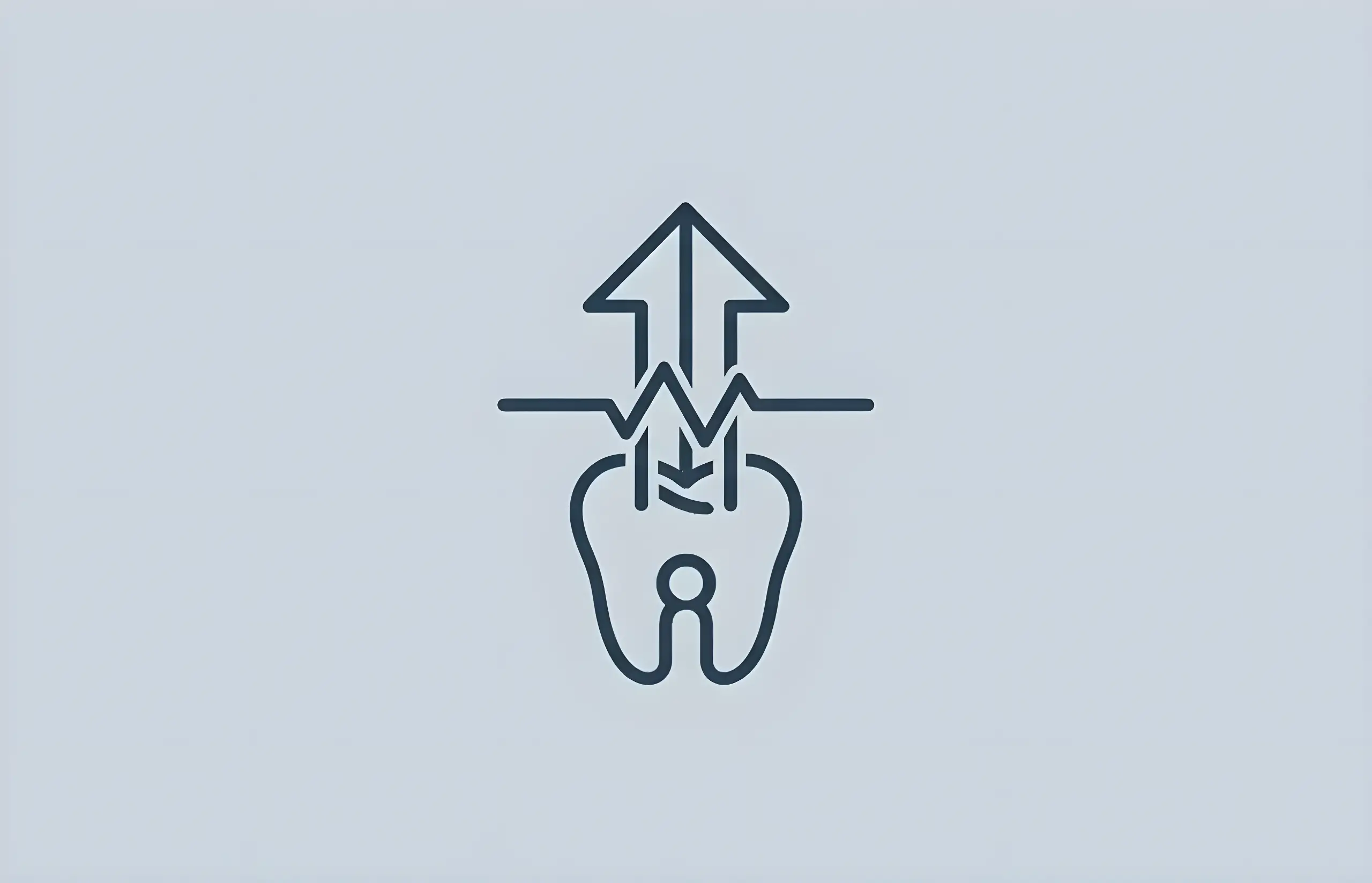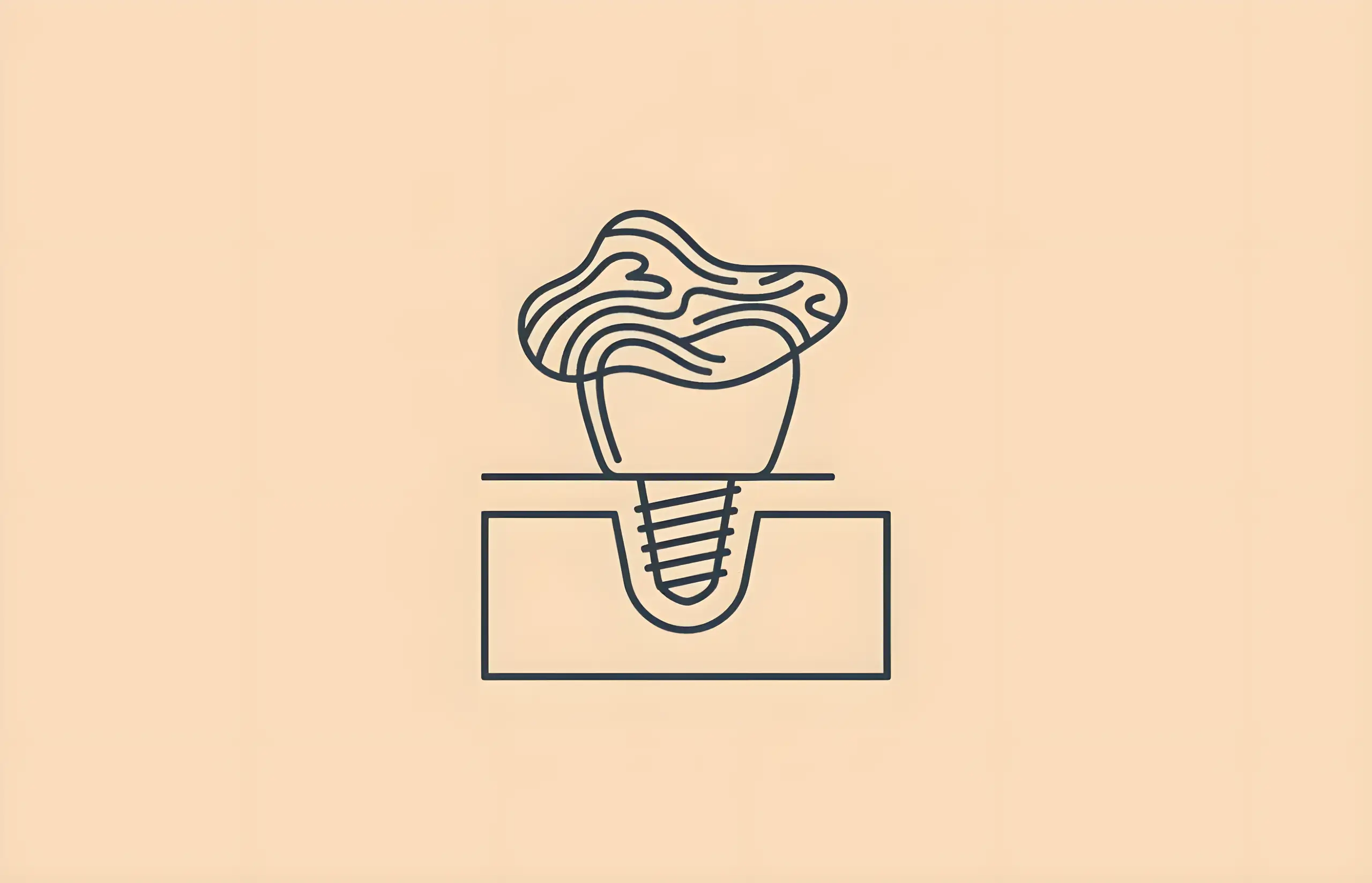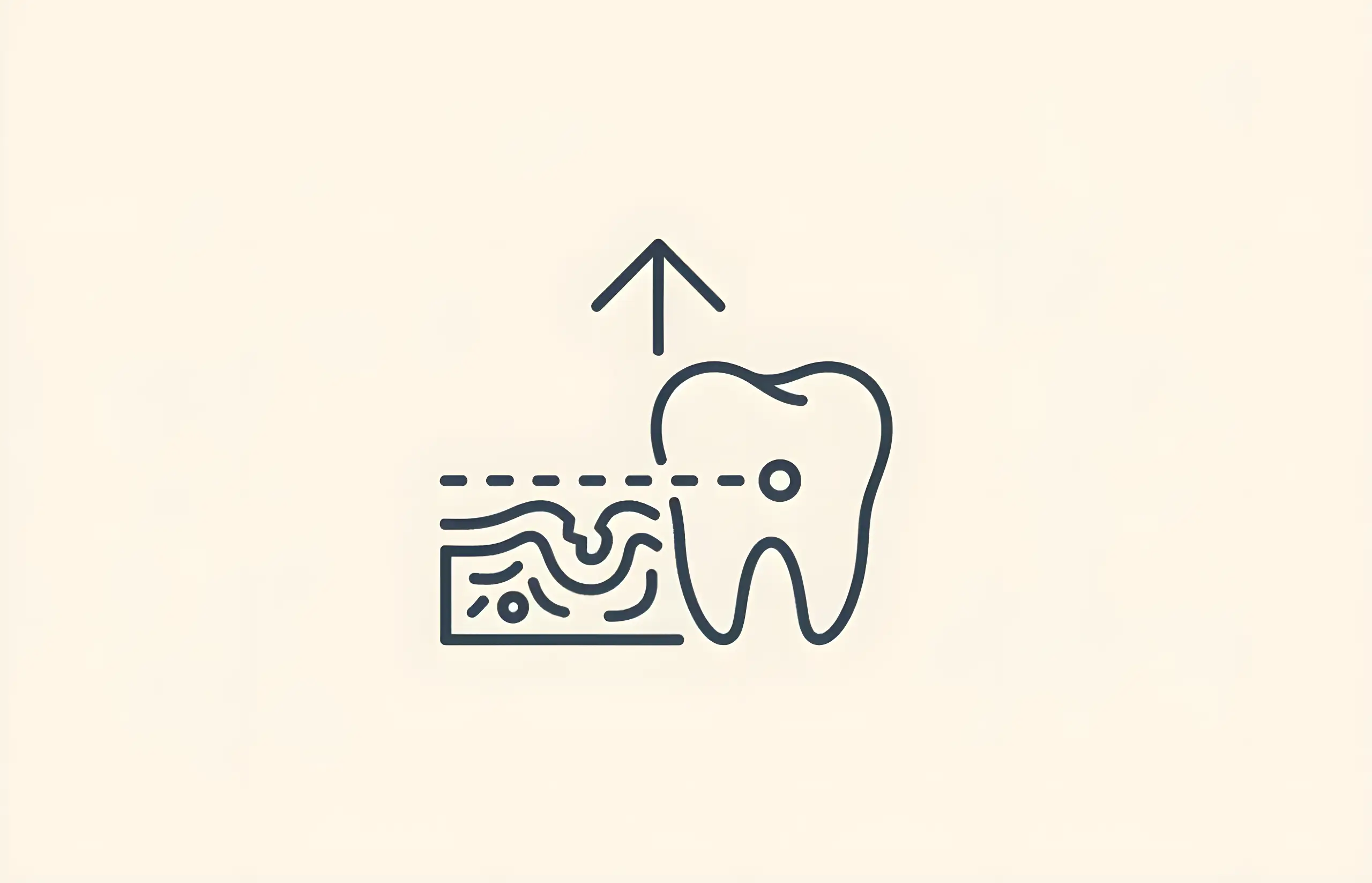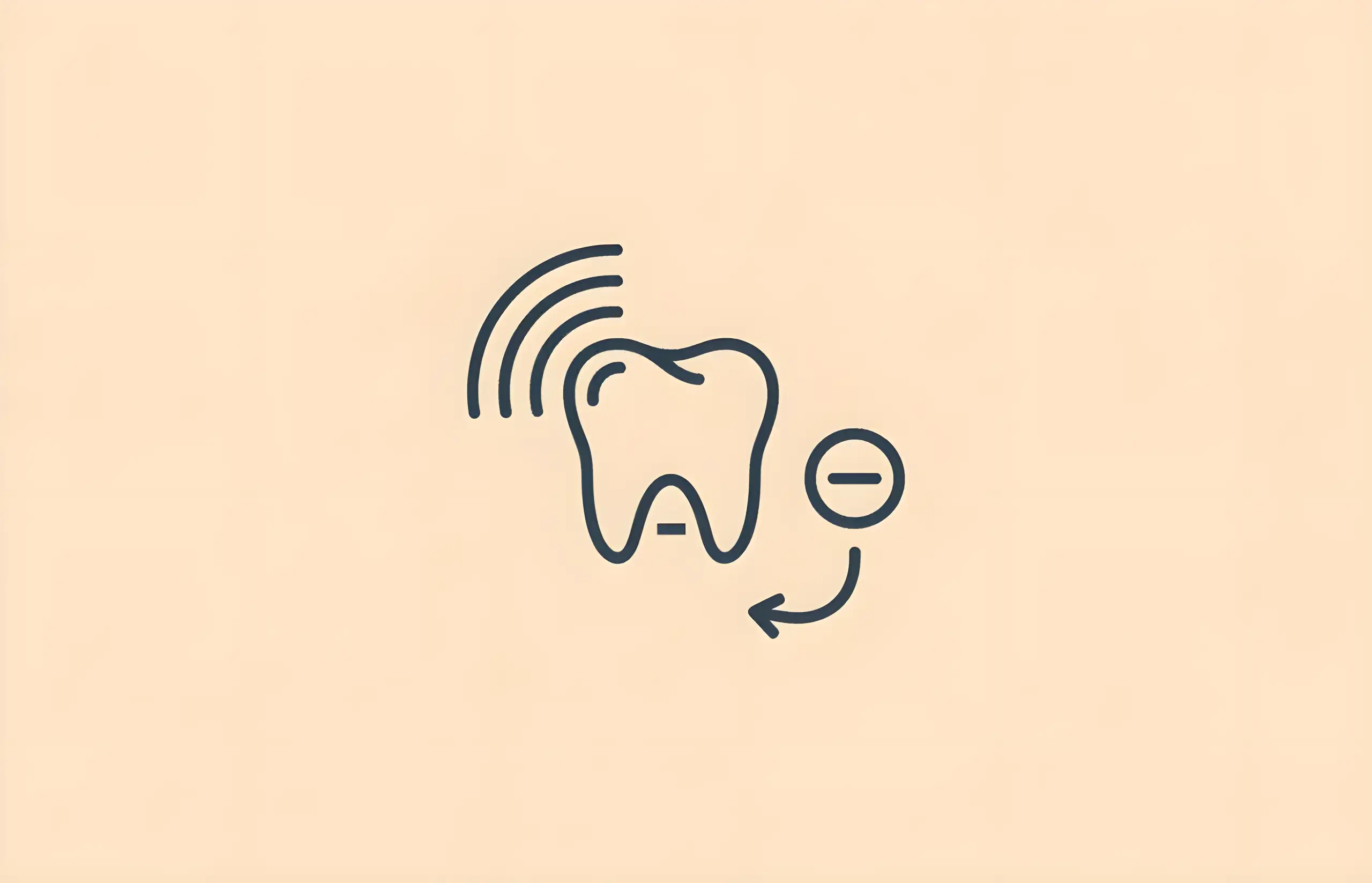Dental implants are generally accepted as the best way to replace missing teeth, particularly large groups of teeth at once. No other method is as secure and long-lasting or provides such excellent results. But will your insurance cover dental implants?
Insurance Coverage and Dental Implants
In most cases, with most dental coverage plans, your insurance will not cover dental implants. The stipulation is that there may be a cheaper method for replacing lost teeth. The insurance will likely cover that cheaper method, be it dentures or bridges, but it isn't likely to cover the dental implants.
Now this is how it is in general, but more and more dental insurance plans are starting to include dental implants in their coverage. This is because this method of teeth replacement is widely considered to be superior to any other. It will be more effective, provide a more natural look and last longer than any other method out there.
Still, you do need to check with your insurance company before you go ahead with this procedure. They may or may not cover it for you, and you need to know before you commit to it. It can also help to get a pre-treatment estimate. This may not include the exact costs, but it gives you a ballpark figure to go by, and it can help you make the decision even if your insurance does not cover the cost for you.
About Dental Implants
The slightly invasive dental implant procedure involves holes being drilled into the jawline. Only a few implants are needed, even for an entire jawline's worth of teeth. The implants are placed inside the hole and the new teeth are attached to the implants. These are incredibly secure implants, as they are placed very tightly in the bone. The bone and gums will grow back around them, holding them in place.
If you have this procedure done, know that you will experience some discomfort initially. You will only be able to eat soft food at first and you will likely experience some facial swelling. The healing process takes a few weeks, and during that time, you will have to be extra careful with your new implants.
Not everyone will be eligible for dental implants. Only those with strong and healthy gums and jawlines will be able to accommodate the implants. Any patients with osteoporosis or gum disease will probably be turned down.
Implants will last for years before needing any maintenance or replacement. That is most cases, however, as sometimes they will fail for a few different reasons. The most likely cause of dental implant failure would be because of poor dental hygiene. Not brushing or flossing regularly can cause the gum to deteriorate and weaken the implants.
Another reason the implant might fail is that too much force is being placed on them. This often happens when the patient grinds their teeth, forcing the implants out of position. Simply taking good care of your mouth will ensure that they last for a long time.
Sources and References
-
[1]
Long-term (10-year) dental implant survival: A systematic review and sensitivity meta-analysisJournal of Dentistryhttps://pubmed.ncbi.nlm.nih.gov/30904559/
-
[2]
Risks and complications associated with dental implant failure: Critical updateNational Journal of Maxillofacial Surgeryhttps://pmc.ncbi.nlm.nih.gov/articles/PMC7518499/
-
[3]
Peri-implantitis Update: Risk Indicators, Diagnosis, and TreatmentEuropean Journal of Dentistryhttps://pmc.ncbi.nlm.nih.gov/articles/PMC7536094/
-
[4]
Osseointegration: An UpdateJournal of the Indian Prosthodontic Societyhttps://pmc.ncbi.nlm.nih.gov/articles/PMC3602536/
All sources accessed and verified on . Medical information reviewed for accuracy and compliance with current guidelines.
Related Articles

Alternatives to Dental Implants
Comprehensive guide to dental implant alternatives including fixed bridges, resin-bonded bridges, partial dentures, and complete dentures with cost comparisons

Are Dental Implants Painful?
Comprehensive guide to dental implant pain, including what to expect during surgery, post-operative recovery, pain management, and healing timeline

What Is The Best Bone Graft Material For Dental Implants?
Understanding autografts, allografts, and xenografts for dental implant bone grafting including success rates, benefits, and which material is right for you

Can Dental Implants Repair Bone Loss?
Understanding how dental implants can prevent and repair bone loss, including causes of bone loss, treatment options, and the role of bone grafts in implant procedures

Can You Have Dental Implants With Gum Disease?
Complete guide to dental implants and gum disease including symptoms of periodontitis, success rates with treated gum disease, and treatment requirements before implant surgery

Are There Cheaper Alternative To Dental Implants?
Exploring affordable alternatives to dental implants including bridges, dentures, and All-on-4, with detailed information about costs, benefits, and drawbacks of each option

What Is The Cheapest Country For All On 4 Dental Implants?
Learn about affordable All-on-4 dental implants abroad including popular destinations like Mexico, Hungary, Poland, and Turkey, with success rates, safety considerations, and cost comparisons

How Much Does A Dental Implant Bone Graft Procedure Cost in the UK?
Complete guide to bone graft costs (£295-£2,400 per site), procedure details, reasons for bone grafts, and benefits of bone grafting for dental implants

What Causes Dental Implant Pain Years Later?
Comprehensive guide to late dental implant complications including peri-implantitis, osseointegration failure, nerve damage, and bone loss, with prevention strategies and treatment timelines

Everything You Need to Know about Dental Implants and MRI Safety
Comprehensive guide to MRI safety with dental implants including titanium compatibility, heating effects, displacement risks, artifact formation, ferromagnetic vs paramagnetic materials, and safety guidelines

What is a Normal Dental Implant Removal Recovery Time?
Comprehensive guide to dental implant removal procedures, recovery timeline (1-5 days), failure causes, removal techniques, and immediate reimplantation options with 96.7% success rate at 1 year

Dental Implants: Problems and Side Effects
Comprehensive guide to dental implant complications, risk factors (smoking, diabetes, gum disease), common side effects, peri-implantitis, infection rates, prevention strategies, and alternative treatments

Dental Implant Costs In The UK – Single Tooth and Full Mouth
Complete guide to dental implant costs, financing options, success rates, and what to expect from single tooth to full mouth implant treatments in the UK

Can You Get Dental Implants Under General Anaesthetic?
Comprehensive guide to anaesthesia options for dental implant surgery, including general anaesthesia, conscious sedation, and local anaesthetic choices

How Long Do Dental Implants Last?
Longevity and Survival Rates (96.8% at 10 Years, 94.0% at 15 Years, 78% at 20 Years)

What If You Do Not Have Enough Bone For A Dental Implant?
Comprehensive guide to bone augmentation procedures including ridge expansion, bone grafts, sinus lifts, and distraction osteogenesis for successful dental implant placement when jawbone is insufficient

The Pros and Cons of Dental Implants
A balanced overview of the advantages and disadvantages of dental implants compared to other tooth replacement options

Causes Of Swelling After A Dental Implant Bone Graft
Comprehensive guide to post-operative swelling after bone graft surgery, timeline, risk factors, management strategies, and when to seek medical attention
About The Dental Guide
The Dental Guide is a trusted online resource providing evidence-based information about dental health, treatments, and procedures. Our content is created and reviewed by qualified dental professionals to help you make informed decisions about your oral health.
Our Mission
- Evidence-based dental information
- Expert-reviewed content
- Clear, accessible explanations
- Latest treatment options
- Patient-focused guidance
Editorial Standards
- GDC-registered dental professionals
- Peer-reviewed sources
- Regular content updates
- Medical accuracy verification
- Transparent authorship
Important Notice
The information on The Dental Guide is for educational purposes only and should not replace professional dental advice. Always consult with a qualified dentist for diagnosis and treatment recommendations tailored to your individual needs and circumstances.
Medically Reviewed
Reviewed by Dr. Nasim Mechoui , BDS (Bristol)
Share this article
Comments & Discussion
Have questions about dental implants? Share your thoughts or experiences.
